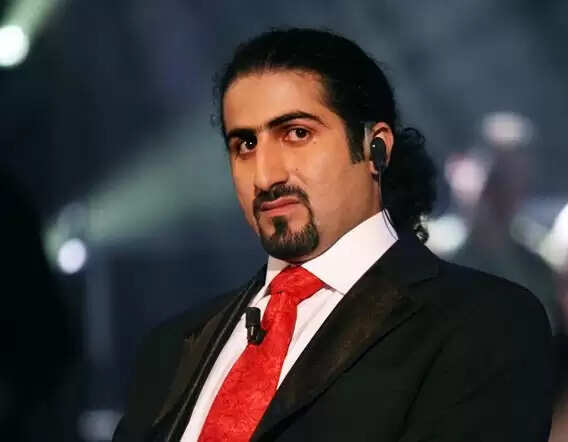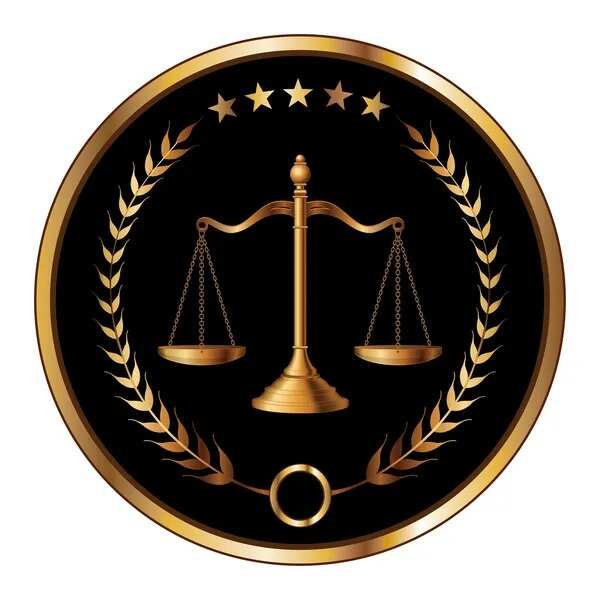France Deports Osama Bin Laden’s Son, Omar Bin Laden, for Terrorism Support

France has removed Omar Bin Laden, the son of the famous terrorist leader Osama Bin Laden, because he supports terrorism. This is a big change. The French government kicked Omar out of the country and has a strict administrative ban that means he can't come back under any circumstances.
This harsh action was taken by the French government after finding a number of controversial social media posts that Omar Bin Laden had made that were seen as praising terrorism. Concerns have been raised about his alleged participation in extremist activities, even though he had said before that his only interests were art and helping people.
The 41-year-old Omar Bin Laden was arrested earlier this week by French police after they looked into his online actions and found statements supporting extremist ideas. The French government moved quickly and started the deportation process soon after he was arrested. Thursday, Omar was turned over to Saudi officials. He is from Saudi Arabia, which is very interested in his case because of the bad reputation of his family.
In a statement, the French Interior Ministry said that Omar Bin Laden was being sent back to Afghanistan "for his support for terrorist activities and calls for violence." The ministry stated that Omar was put on a watchlist because of how he behaves online and his ties to several extremist networks.
France has some of the strictest anti-terrorism laws in Europe. These laws were made after a number of attacks in the past few years. Omar has been given an administrative ban that means he can never go back to France, not even for humanitarian reasons. This ruling is the end of a really thorough investigation that took several months.
Omar Bin Laden has been a mysterious figure for a long time, mostly because he has tried to separate himself from his deadly father. He has said in the past that he was not involved in terrorism and that through his art he sought peace and artistic expression. Omar has mostly kept to himself over the years, focussing on drawing, photography, and writing to get away from the bad reputation of his family.
But in the past few months, his behaviour on social media made people suspicious. Counterterrorism experts noticed that his actions online were becoming more and more different from what he said he wanted to do, which was artsy and peaceful. The authorities say that Omar showed support for terrorist groups and ideas in a number of posts, which raised fears that he may have been doing more than just art.
Some people who are familiar with the investigation say that Omar may not have directly planned terrorist acts, but his speech was in line with extremist ideas and put the public at risk. According to some accounts, he was also found to have kept in touch with people who were connected to terrorist groups. Intelligence agencies around the world are now looking into these links even more.

Many countries are keeping a close eye on the situation as they watch Omar Bin Laden's removal happen. People think that France's move is part of a larger crackdown on people who are thought to support terrorism or extremist ideas, especially in Europe. After a string of high-profile terrorist strikes that shook the country, France has been at the forefront of efforts to fight terrorism in recent years.
The decision is also part of a larger attempt to stop people from becoming radicalised and to limit the influence of extremists, no matter what their family background is. The French government has been working closely with partners around the world, like Saudi Arabia and other Middle Eastern countries, to keep an eye on the actions of people who are linked to terrorism.
Omar Bin Laden's removal makes people wonder what will happen to him next. Because of how well-known his family is and how controversial he is online, it's still not clear where he will go next. His future in the art world may now be in danger, since many people see his work through the lens of his family ties.
People will probably talk about Omar's case again when they talk about how social media can lead to radicalisation and how governments can balance the right to free speech with the need for safety. His removal sends a clear message that people who say they are peaceful or creative in public are still subject to scrutiny if their actions show otherwise.
Many people will be keeping an eye on what happens to see if more information about Omar Bin Laden's actions comes to light and how his deportation might affect the fight against terrorism in Europe and around the world.
For now, France's decision to kick out Osama Bin Laden's son is a turning point in its ongoing fight against terrorism and for public safety.
--
